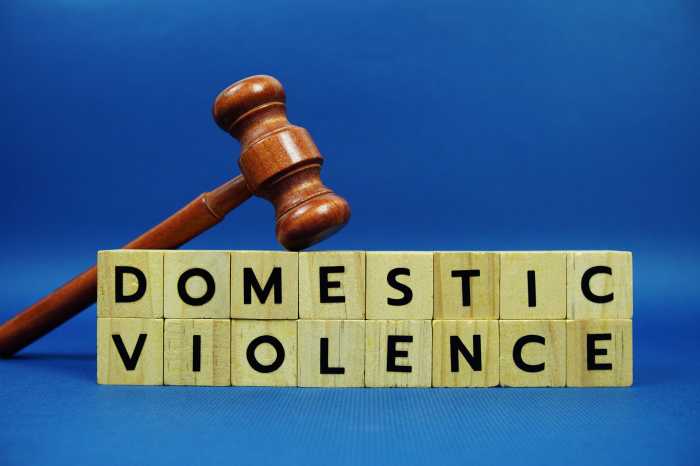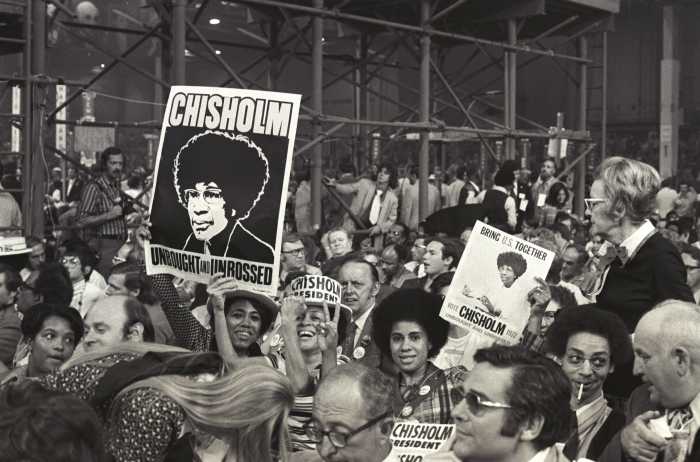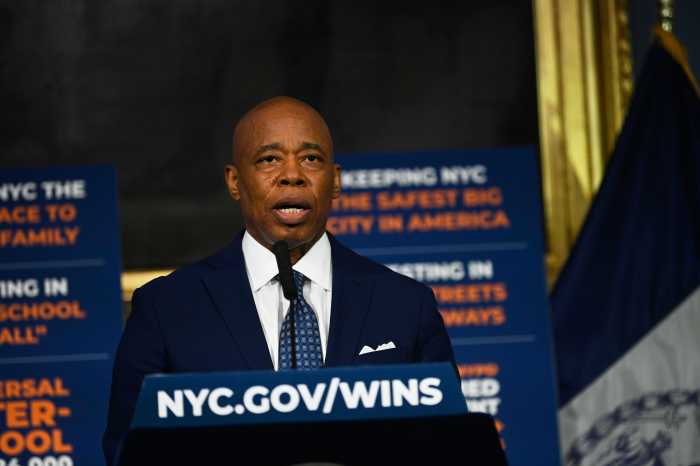Many of us environmental advocates applauded Governor Kathy Hochul’s leadership after the release of her executive budget proposal, which supports key energy initiatives like the transition to all-electric new buildings. However, we must also call out a glaring omission, the failure to include the NY HEAT Act. This absence threatens to stall progress on decarbonization and negatively impact consumer pocketbooks.
If passed, the NY HEAT Act could be a game-changer. By eliminating ratepayer subsidies for new gas hookups and ending the “obligation to serve” harmful gas in buildings, the act would allow for building decarbonization and electrification on a neighborhood scale. The act will ensure that no New York family spends more than six percent of their income on energy, resulting in significant cost savings for ratepayers. Critically, it would also stop forced ratepayer subsidies of gas system expansion, a policy that is glaringly out of step with NY’s Climate Leadership and Community Protection Act (CLCPA).
Many believe that opposition from Assembly leadership and the fossil fuel industry make inclusion of the NY Heat Act a challenging fight. But Governor Hochul wasn’t elected to just do what’s easy. She was chosen to fight for what’s right for New York, especially when that fight is politically difficult.
Currently, the “obligation to serve” and pricey gas hookup subsidies paid for by ratepayers to the fossil fuel industry mean more polluting gas in our homes and higher utility bills. In the last five years, gas line extensions have added 170,000 customers to the gas system and cost New Yorkers $1 billion. Hard-earned ratepayer dollars are covering the gas hookup subsidies and funding a pricey fossil fuel industry already in decay.
As New York continues to invest in clean energy sources to advance the CLCPA’s nationally recognized climate regulations, gas infrastructure will become obsolete. Every added gas hookup will become a stranded asset. Instead of connecting our homes to gas hookups destined for retrofits in ten years, New York should invest in building all-electric homes that meet the irrefutable gold standard for health and efficiency. Decarbonized buildings have better indoor air quality, are safer for people, protect our planet, and are cost-competitive to build.
Additionally, if the state is embarking on a much-needed plan to build more affordable housing, then it shouldn’t be building substandard housing now that will be misaligned with our near-term efficiency and climate goals. That’s like building housing with lead paint on the walls and asbestos in the ceilings. We need to invest in and incentivize the next generation of clean, healthy housing construction and electrification.That starts with passing the All-Electric Buildings and NY HEAT Act.
New York must lead the nation and stand up to gas industry fear-mongering meant to further their bottom line at the expense of consumer health and energy costs. Historically, New York has taken up similar fights and won. In 1960, New York became the first state to ban lead paint, another poisonous household staple. In 2019, New York City passed Local Law 97, requiring buildings over 25,000 square feet to meet new energy efficiency and greenhouse gas emission standards by 2024. All-electric new buildings, a policy included in Governor Hochul’s budget proposal, would similarly require new buildings constructed without fossil fuel combustion systems or appliances.
Without the NY HEAT Act, the Public Service Commission will face added barriers to achieving the CLCPA’s necessary climate justice and emission reduction targets. So, let us continue this legacy of leadership, starting with Governor Hochul followed by the Assembly and Senate, and work to pass the NY HEAT Act.
This fight won’t be easy, but fights that are worth winning rarely are. The heat is on. The only question is whether our leaders will crumble under the pressure or turn it on the fossil fuel industry and do what’s best for all New Yorkers.
Allison Considine is a Sierra Club Senior Campaign Representative.
Read more: Editorial Demanding Accountability from Santos and Ardila







































